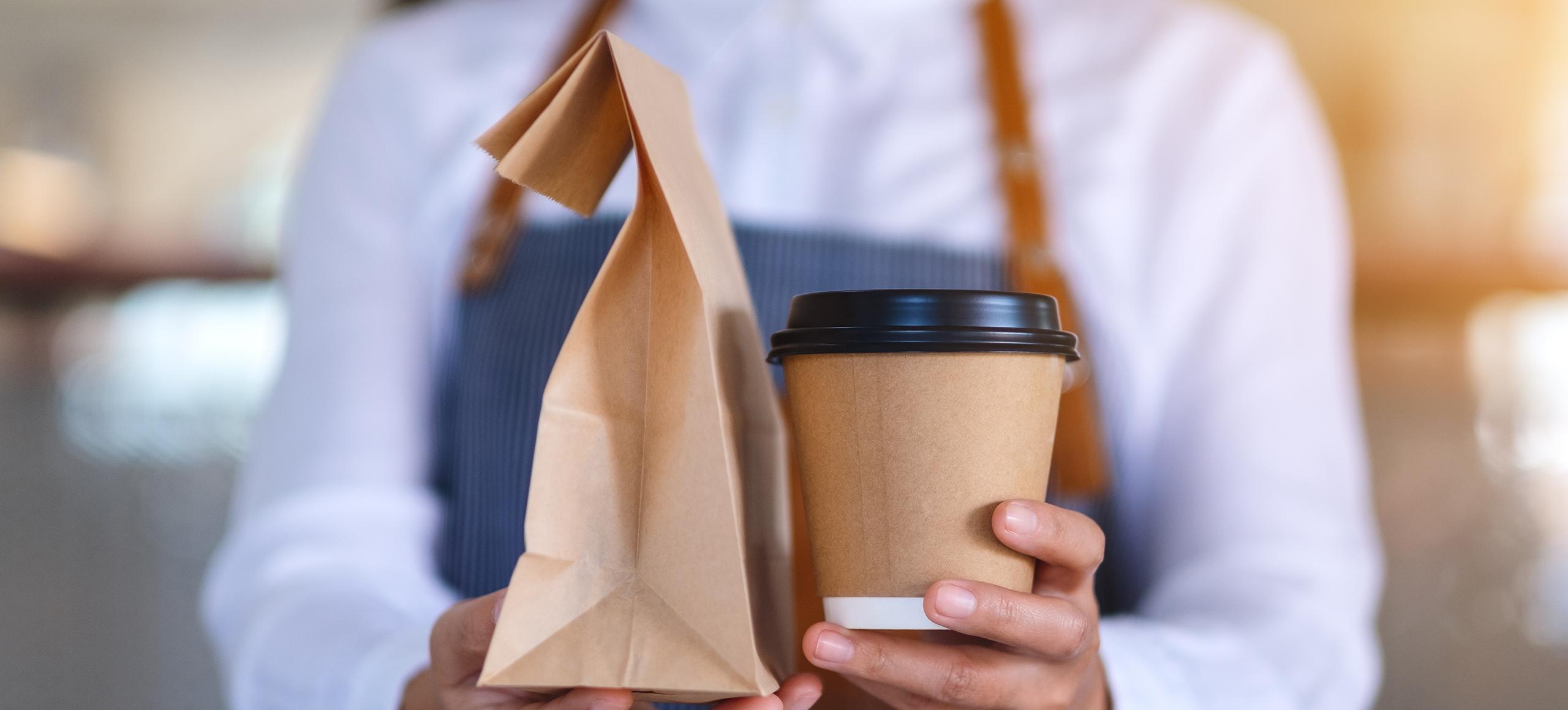
The rise of takeaway culture
In our ever-busy daily lives, the convenience of eating and drinking on the go has paved the way for takeaway culture to become deeply embedded in the UK. Whether it’s grabbing a coffee on the way to work or buying a bottle of water on a warm day, Brits have become accustomed to taking away, and then sadly, throwing away. This trend accelerated even faster during the pandemic, when shops, cafés and restaurants spent months under restrictions that only permitted single-use takeaway services. Furthermore, with rules lifted, our takeaway habits are projected to stay according to the Guardian. Unfortunately, the darker side to this cultural shift has come in the form of an increasing waste problem which now poses growing environmental challenges at a time when we should be scaling back.

No disposable cup day
The UK now uses a staggering 2.5 billion disposable cups a year, equivalent to 7 million cups a day, according to the Government's 2021 statistics. Disposable cups and other single-use takeaway items are notoriously difficult to recycle due to their multi-material make up and unique processing needs, and it’s estimated that over 500,000 coffee cups are littered on the floor every single day. On top of this, the UK uses 38.5 million single-use plastic bottles a day, less than half of which are recycled. Concerns around this growing problem have led to movements such as ‘No Disposable Cup Day’, taking place on the 4th of October, encouraging us all to stop using single-use cups for the day, as well as championing a longer-term commitment to reducing their use all together.

Reduce and reuse
The good news is that there’s an easy solution for consumers and businesses to make a huge difference in cutting down single-use waste. The answer lies in reuse. By swapping a disposable coffee cup or plastic bottle for reusable alternatives, we can all enjoy the convenience of taking away, whilst protecting the environment, eliminating huge amounts of waste pollution and even saving money by taking advantage of discounts in coffee shops and making use of public water fountains and refill services. We’ve seen before how both the public and businesses have embraced the concept of reuse, most evidently in the seismic shift away from single-use plastic bags in supermarkets after legislation was introduced in 2015 to charge for these items. This move saw a dramatic 95% reduction in sales of plastic bags. Now, we need to see bold action to combat other polluting single-use products and encourage positive behaviour change around reduction and reuse of materials.

Our commitment
At BRITA, we’re committed to eliminating single-use behaviours wherever possible by encouraging and practicing reuse. We’re doing this by offering reusable, on the go and at home solutions to consumers who have a taste preference for filtered water, reducing plastic in our supply chain and partnering with fantastic environmental charities such as Whale and Dolphin Conservation to raise awareness of the effect pollution can have on our planet. We’re pleased that by 2025 our products, which focus on providing a more sustainable alternative to disposable water bottles, will have replaced more than 6.5 billion single-use plastic water bottles and prevented 1 million tonnes of CO2. By adopting more sustainable reuse habits, the takeaway boom can continue to flourish in the UK, without increasing waste and pollution in our natural environment.




